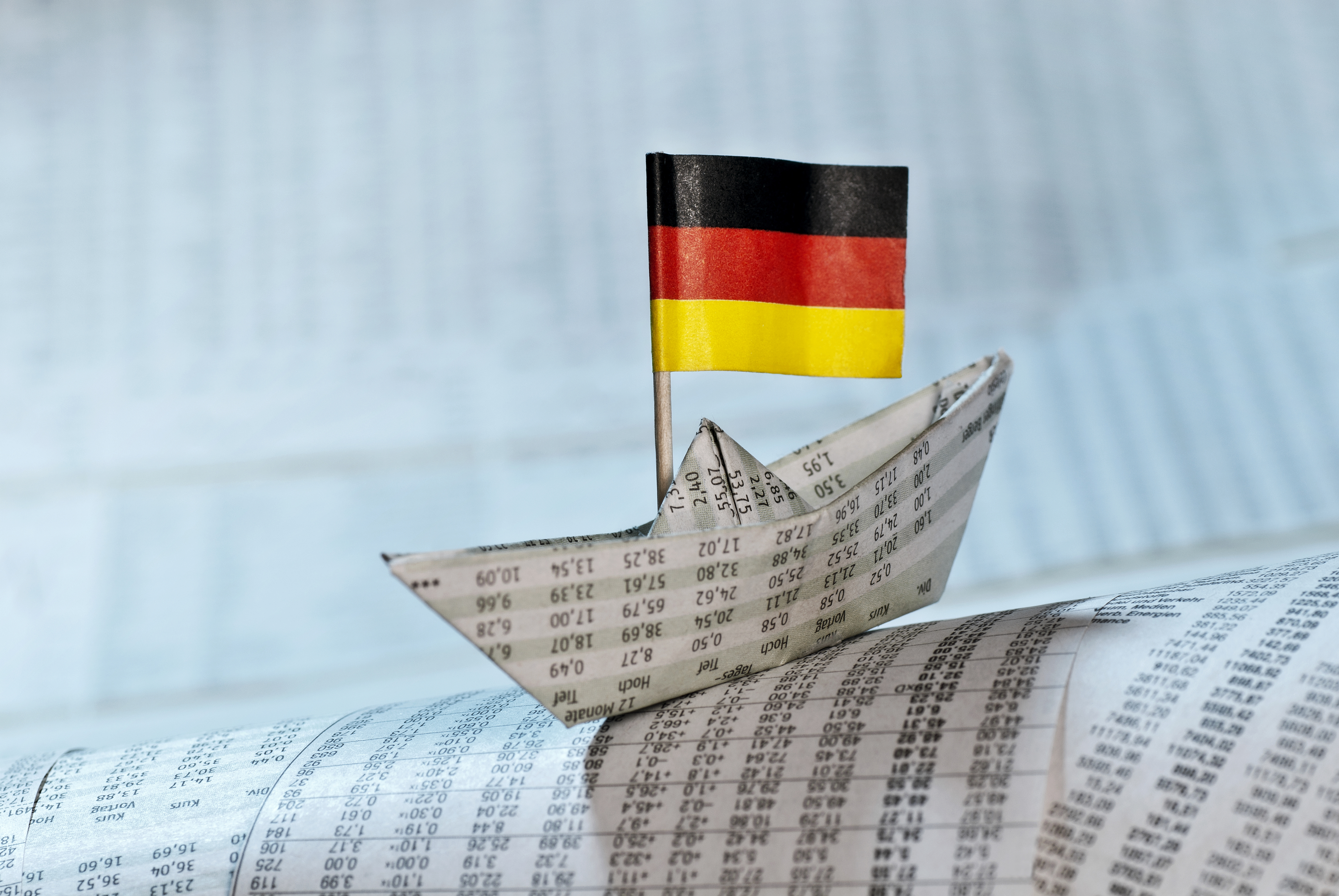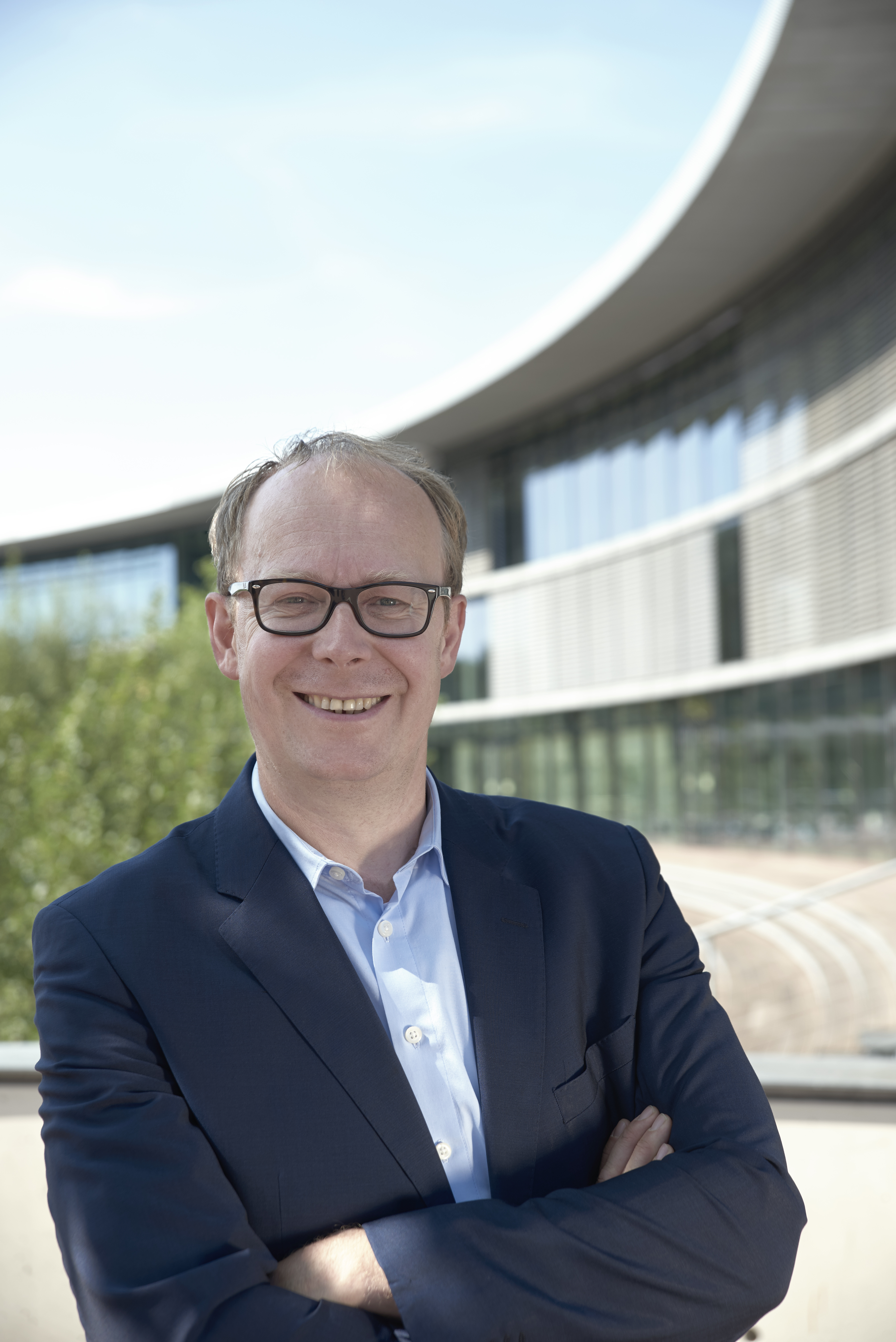Justus Haucap: The Economic Consequences of Covid-19 in Germany
Monday, May 11, 202012-1:30 pm Eastern Time (US)
Zoom Webinar
You can watch a recording of this and other CGES webinars by clicking the button above.
About the Event
 Germany is Europe's largest and the fifth largest economy in the world. Ninety-one percent of German companies are family-owned enterprises with a global reach. Germany exports about $1.5 trillion worth of goods every year, from cars to machinery to chemical goods to pharmaceutical and food products. To weather the storm of Covid19, the German government has made financial resources available to small and large companies as well as the self-employed. Negotiations for large rescue packages for Lufthansa are ongoing.
Germany is Europe's largest and the fifth largest economy in the world. Ninety-one percent of German companies are family-owned enterprises with a global reach. Germany exports about $1.5 trillion worth of goods every year, from cars to machinery to chemical goods to pharmaceutical and food products. To weather the storm of Covid19, the German government has made financial resources available to small and large companies as well as the self-employed. Negotiations for large rescue packages for Lufthansa are ongoing.
What exactly is being done, and how? Is Germany's economy more resilient than other economies? If so, why? And will the German economy be able to find a "climate-friendly" way out of the Coronavirus, as Chancellor Angela Merkel urged in the Petersberg Dialogue?
About the Speaker
 Justus Haucap is the founding director of the Düsseldorf Institute for Competition Economics (DICE) at Heinrich-Heine-University of Düsseldorf. From 2006 to 2014 he served as a member of the German Monopolies Commission, which he also chaired for four years (2008-2012). He is also a member of both the German Academy of Technical Sciences (acatech) and the Northrhine-Westfalian Academy of Sciences and Arts, as well as acting vice chairman of the German Networks Agency’s council of scientific advisors.
Justus Haucap is the founding director of the Düsseldorf Institute for Competition Economics (DICE) at Heinrich-Heine-University of Düsseldorf. From 2006 to 2014 he served as a member of the German Monopolies Commission, which he also chaired for four years (2008-2012). He is also a member of both the German Academy of Technical Sciences (acatech) and the Northrhine-Westfalian Academy of Sciences and Arts, as well as acting vice chairman of the German Networks Agency’s council of scientific advisors.
Haucap has been named one of Germany’s 30 leading economists for the last five years in a row by the Frankfurter Allgemeine Zeitung, Germany’s leading daily newspaper. After studying economics in Saarbrücken (Germany) and Ann Arbor (Michigan, USA) and pursuing doctoral studies at the University of Saarland, he held positions at the University of California at Berkeley (1996/97), the New Zealand Treasury (1997-1999), the University of the Federal Armed Forces in Hamburg, the Ruhr-University of Bochum (2003-2007) and the University of Erlangen-Nuremberg (2007-2009). His research mainly focuses on competition and antitrust issues as well as the regulation of network industries and digital markets. He regularly advises public institutions such as the European Parliament, the German Ministry of Economics and Energy, the German Ministry of Finance, as well as many private firms and associations.